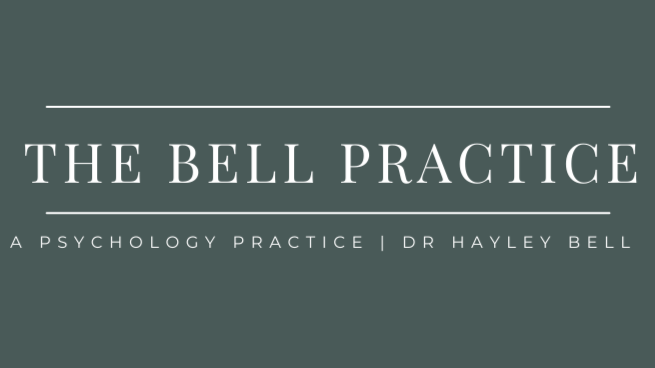Back to School
Advice from a Psychologist on supporting the return to routine
The summer has come to a close, and back to school season is officially here! The return to routine can bring up mixed feelings for the whole family. You may be feeling the loss of sleeping in, days at the beach, and the slower pace to day to day life. Jumping back in to early mornings and homework can feel jarring. But with some low lift preparation and the right supports, parents can support this transition to feel a bit less stressful and to set their family up for success.
4 tips for reducing stress & increasing confidence this school year:
Include your Kids in Back to School Prep:
When children are included in the activities preparing them to return to school, you’re handing them a slice of control in a scenario where there is very little.
For elementary school kids, get their input in packing their lunch, plan their back to school outfit together, have them pack their backpack and include a few fun things (those pencils they spefically picked out).
For High School, allowing them to have a say in their breakfast or dinner on the first day back, include them in conversations around planning for the week ahead.
This sense of agency can prompt excitement over what’s to come, and reduce that fear of the unknown. It also adds an element of “buying in” to returning to school, they’ve put in that bit of prep and will want to see it through.
Rehearsal, Rehearsal, Rehearsal
Back to school brings up so many unknowns: Who will be in my class? What if I don’t like my teacher? What if I can’t find my classroom?
Whether your child is moving into a new school, or they struggle with changes in routine, this unknown can bring up a lot of worry. While there is no way to know 100% what will happen, we can prepare our kids by rehearsal. Find the points of concern, and practice how your child might approach it.
For Example, if your child is worried about not being able to find their classroom, you can talk through different options with them (i.e. maybe we could ask another teacher, a student, or the admin office). Once you talk through the options, have them actually go through the motions of asking for help with you. When we Role Play asking for help, and go over likely responses, we make the unknown more predictable. You can even practice “worst case scenarios” to take the sting out of them; a bit of humor does wonders for reducing fear.
Practice a few times in the days leading up, so when they’re in the scenario the response is muscle memory.
Validate Their Emotions
Your child may be feeling excitement, fear, sadness, or frustration heading into this school year. As parents, your first instinct is to take away any concerns your child might have. But the reality is, we simply can’t find a solve for all of the the things that worry your kids. The good news is, your kids don’t always need you to.
Validating our kids feelings, whatever they might be, can be the most powerful tool for preparing them for the school year ahead. For example, “Of course you’re worried about making friends in a new school. That makes complete sense, and I’m glad you’re talking to me about it”.
Once we validate, then we can check in with our kids to see if they want help. “I’m here to listen, whatever. you need. Do you just want to talk it through, or do you want my help on figuring out what to do?”.
The reality is, there are some fear that we don’t have a solution for, such as the threat of school shootings. Having open conversations about these fears, letting children know that you hear them, and talking about the things you can control (i.e. advocating for policy change) can be supportive in the face of fear without solution.
Set Goals for the Year
Having a goal, something to work towards, can help your child to gain some excitement going into the new year. Help them think about what they might want to gain out of the school year. You can incorporate something like a mood board, journaling exercise, or a popcorn conversation at the dinner table to get the creative juices flowing.
Once the goals are set, come up with measurable ways to help your child see their progress. For example, if the goal is to be a better soccer player, do we measure that by the number of goals or assists, being a team player, ball control skills, etc. Create a star chart or log, and regularly track their progress with them.
This will create a sense of achievement, which can boost self esteem and promote overall excitement for the year.
